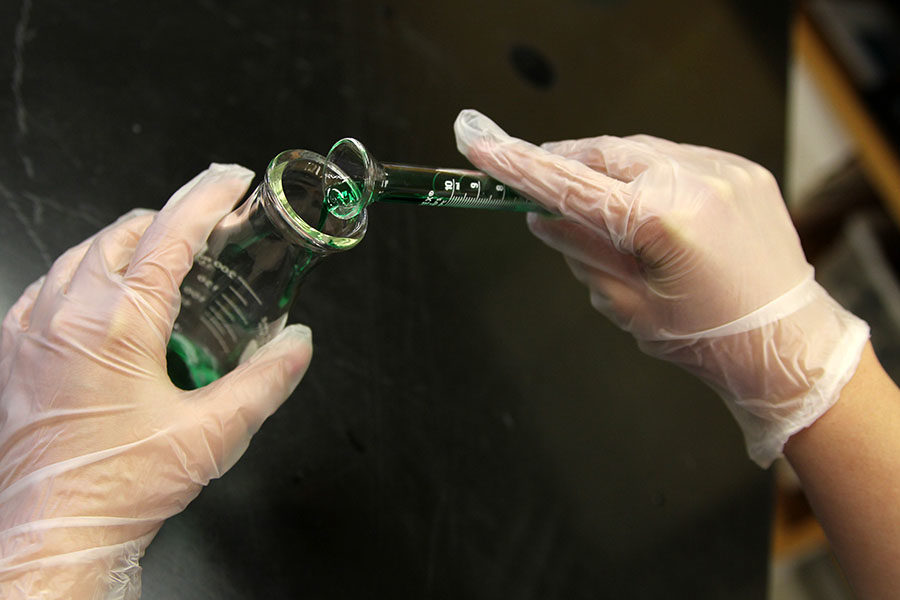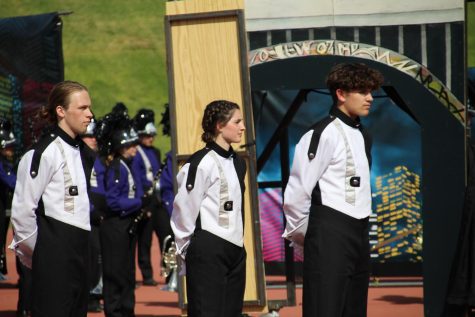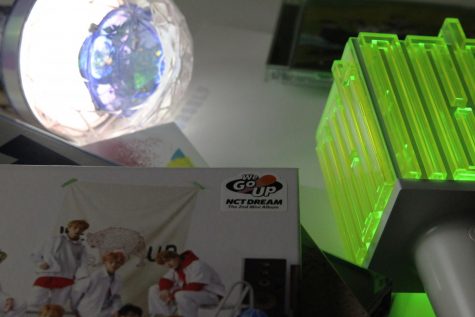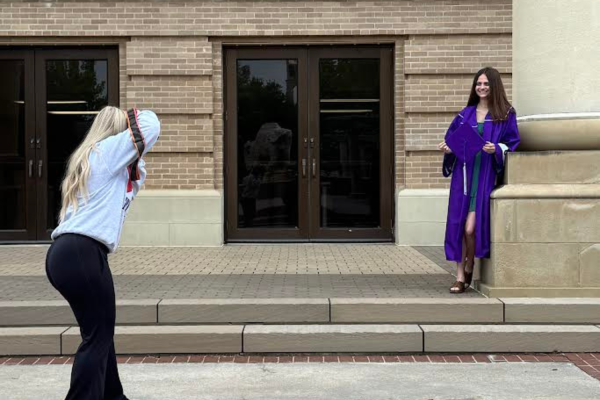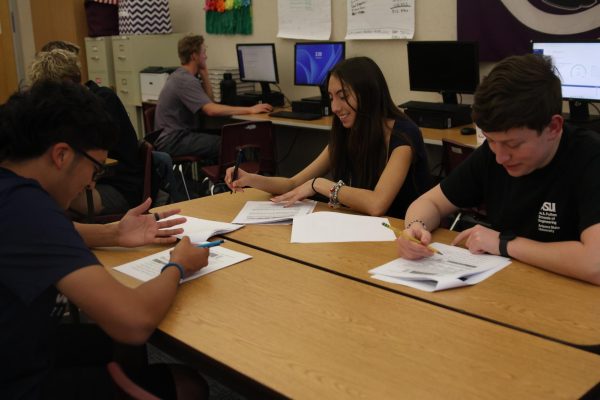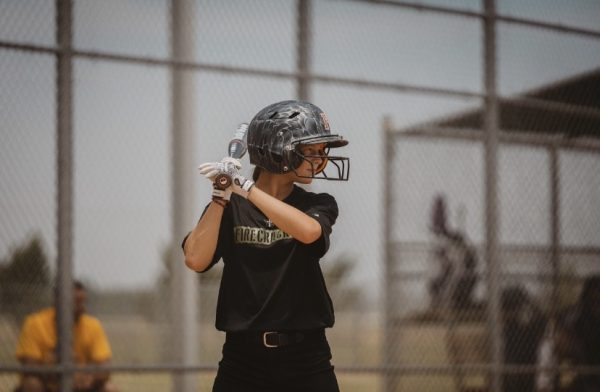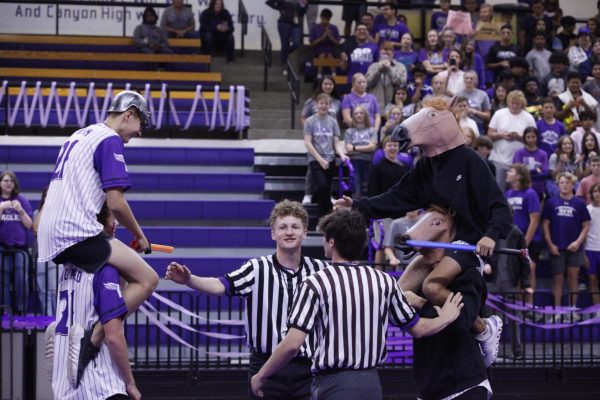Girls’ limitations STEM from stereotypes
Chemistry is one of many areas for women in STEM.
As a 15-year-old girl pursuing a career in computer science, I have had my fair share of troubles. While nobody has ever explicitly told me I could not gain my degree in this STEM field, there have been subtle messages conveyed to me. Some of these messages are unintentional, like how only two girls are enrolled in my computer science class. However, some messages are very noticeable, such as family members telling me I wouldn’t be able to survive in such a male-dominated career.
Children follow the lead of those who come before them. They take mannerisms and ideals from their parents, and, while they don’t always follow the thoughts of those who raised them, bias can affect their futures. A child’s career is often chosen by their parent long before the young boy or girl knows who they are, but not all parents are doing this to harm their child. Many of the children’s guardians have good intentions, but these intentions aren’t always best for the child. It’s important to give both genders opportunities to join any field they feel passionate about, including STEM.
It should be said though that many companies and organizations do try to encourage young girls into joining the STEM fields by creating programs such as the National Girl Collaborative Project (NGCP), the American Association of University Women (AAUW) and many more. These programs were created in a hope of raising the percentage of women in STEM fields and showing that these careers are no longer strictly for men.
Following the introduction into STEM, however, comes another problem. While the number of women in STEM is low compared to men, the number of female graduates with a degree in science is quite large. In 2016, 41 percent of the qualified workers in STEM were women, but 52 percent of these women dropped out of the fields after they began working.
I’m aware these numbers aren’t entirely from bias. A likely reason many women have to leave their fields could be due to the need to take care of children, which is common in any field. However, in STEM, men are considered smarter and better when it comes to science, math and even computer programming. These beliefs most likely come from years of built stereotypes which have stuck in our society but aren’t necessarily true. During the late 1960s, programming was considered a woman’s job, and women who pursued the career were good at it, proving the stereotype that men are better with computers wrong. These stereotypes and biases could lead to a woman who is passionate about STEM leaving her field.
If more people focused on the qualifications of the person applying for the job rather than gender, lives could get better for women. Although the bias against women in STEM has gotten better in the recent years, we as a society have a long way to go before the field is considered gender neutral. It may appear most companies have gotten better and women are treated equal as men, but that is not the case for every business. Smaller corporations will have an easier time turning away a woman just because of her gender. While we can’t easily change the mindsets of those who run a business, we could create a solution by increasing the monitorization and regulation of stereotypical, sexist or even racist remarks. It would also be better for any worker who is offended by someone to know they have a safe place to tell someone what is happening without losing their job or being scorned.
Changing the way people think is difficult, but it has happened before. If the media were to show more women in STEM accomplishing great things, and young girls were given more opportunities to see and hear from women in fields they are passionate about, then things could change.
It’s hard to shake the stereotypes, but we shouldn’t let culturally imposed limitations destroy young girls’ passions. If a little boy wants to go into cosmetology, and a little girl wants to be an engineer then why shouldn’t they? Children pave the way for the future, and the end result would be better if they were doing something they love rather than something society, parents or stereotypes have forced upon them.

Hola! Me llamo Maryssa, and I’m a junior working in my second year as a reporter for The Eagle’s Tale. I enjoy drawing, writing and spending time with animals. I’m not only a writer though; in fact, I also like learning new things in subjects such...

